If it’s March 1 then the Amar Ekushey Boi Mela, the annual book fair that takes place for the entire month of February in the Bangladesh capital, Dhaka, is packing up for another year, and the totals are in.
Books to the value of BDT 82 crore were sold this year. That’s 820 million in western maths notation, and $9.7 million in USD.
In BDT terms that’s up about 4 crore on the previous year, although the exchange rates means the 2019 and 2020 USD values are closer.
But let’s be clear what we are talking about here: an open-air book fair that lasts an entire month (actually just 28 days this year despite the leap year as it started on February 2 for reasons that needn’t concern us here) and is one of, if not the, largest cultural events in the country, each year opened in person by the prime Minister.
What should concern us here is the obvious interest in books among the Bangladesh population, that drives so many people to spend so much money on books every year. The turnover has been hovering just below $10 million for several years now. This was 2018:
Sadly Bangladesh does not have a vibrant publishing industry, with publishing infrastructure woefully inadequate, outside of the education sector, to meet the obvious demand.
In fact, when it comes to educational publishing, Bangladesh is in a league of its own.
But in the fields of literature and general non-fiction Bangladesh is more typical of the regional publishing scene, with low consumer demand for books thanks to limited choice and availability outside of – and even within – the big cities, which in turn creates indifference to reading and so depresses demand for books…
It’s the classic publishing rut many countries like Bangladesh, and regions like South Asia, find themselves in.
Might that change in this new decade as digital entrenches itself in the public psyche?
Of course, that would need Bangladesh to catch up with the rest of the world with the internet, right? After all, the country is only at 57% internet penetration.
But hold on. That 57% amounts to 96 million people already online. That’s more than any country in Europe except Russia, and in fact Bangladesh is the ninth largest country on the planet by internet use.
But sadly the big western ebook players aren’t the least bit interested, and domestic digitisation is still in its infancy.
What the country needs is a push from its book-loving prime minister, Sheikh Hasina, to look more closely at the advantages digitisation could bring to the Bangladesh publishing industry in a country of likely now more than 100 million internet users (96 million was the figure in June 2019).
Inaugurating the boi mela as the month began, Hasina said,
We want the people of different languages of the world to know our rich literature and culture. For this book fair, Bangalis living in different parts of the world come home and foreign nationals also visit Bangladesh to witness Bangalis’ unprecedented love for books.
That’s an enormous challenge when relying on a centuries-old publishing model, but becomes easily possible with digital, which can facilitate the reach of Bangali literature across the globe.
The 2020 Amar Ekushey Boi Mela was dedicate to the birth centenary of the founder of the nation, Bangabandhu Sheikh Mujibur Rahman, an author who was also the father of Sheikh Hasina before his assassination.
At the event Hasina reminisced about her student days when she was free to spend more time at the boi mela.
But now I don’t have that freedom as I’m the prime minister.
I’ll begin winding down this post with a quote from Sheikh Hasina at the 2018 boi mela:
We want our art, literature and culture to spread not only throughout the country but also the entire world.
If we can’t respect and enrich our own culture, language, art and literature, we can never develop ourselves as a nation in the global arena.
(The Amar Ekushy Book Fair) is a place to increase the number of readers and writers, and enhance the practice of literature … It also creates a scope for many readers to explore unknown knowledge. It opens the door to knowledge.
More on that here:
Sadly two years on it seems the sentiments are still heartfelt, but the publishing industry has not yet risen to the occasion.
So here’s a heartfelt message from TNPS to Sheikh Hasina, from one booklover to another:
Sheikh Hasina, a printed book is a wonderful thing, but it is only the physical manifestation of the magic that makes a book what it is.
Digital can bring unprecedented domestic and international reach to the literature and non-fiction works of Bangladesh, and simultaneously introduce the world’s literature and non-fiction to the people of Bangladesh in a way reliance on the centuries-old print-only model can never do.
Over the past two or more years here at TNPS I’ve tracked the incredible changes digital has brought to publishing industries around the world, and looked on in anguish as the beautiful countries and peoples of South Asia have been passed by.
It needn’t be this way.
Later this month TNPS and parent company StreetLib will be launching Publish South Asia, a free B2B newsletter intended to shine a light on the publishing industries of the South Asia region and to show publishers in the region what is happening globally, that they might benefit and learn from.
To you, Sheikh Hasina, to State Minister for Cultural Affairs KM Khalid, to the Bangla Academy Director General Habibullah Siraji, and to the members of the Bangladesh Publishers and Booksellers Association and of the Academic & Creative Publishers Association of Bangladesh, I invite to discuss and explore ways a hybrid print and digital model can advance Bangladesh’s publishing industry and allow Bangali literature to take its rightful place on the global stage.

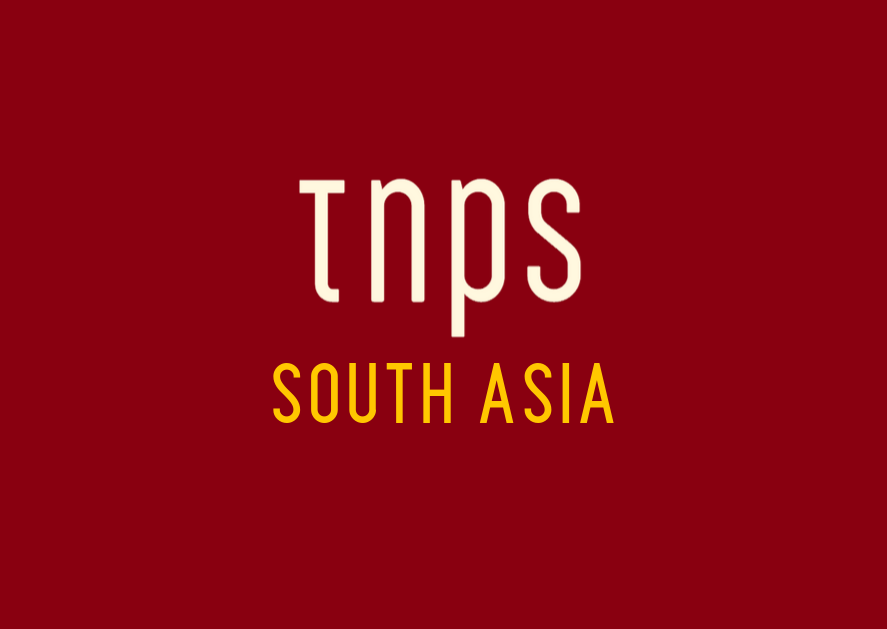
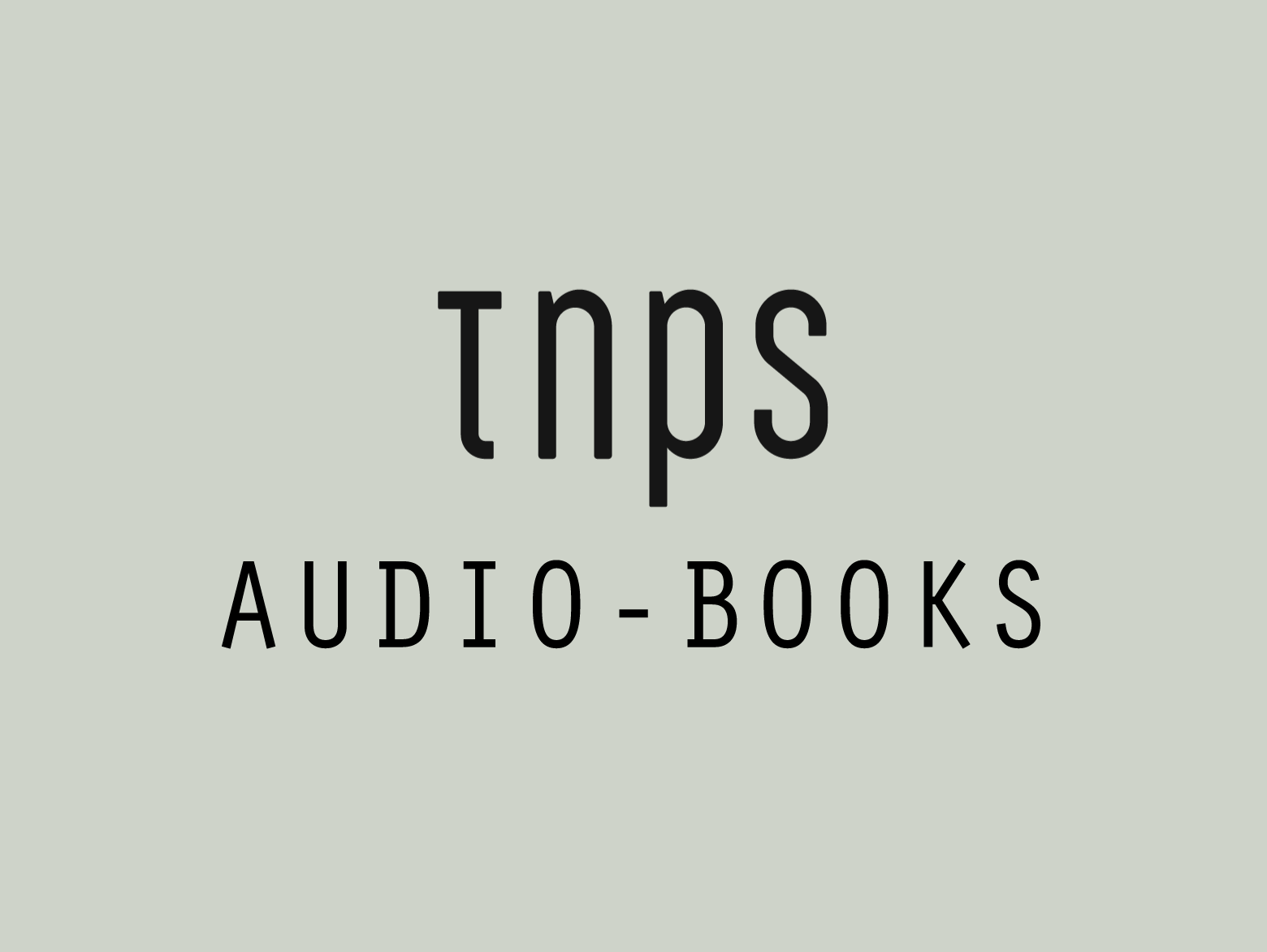
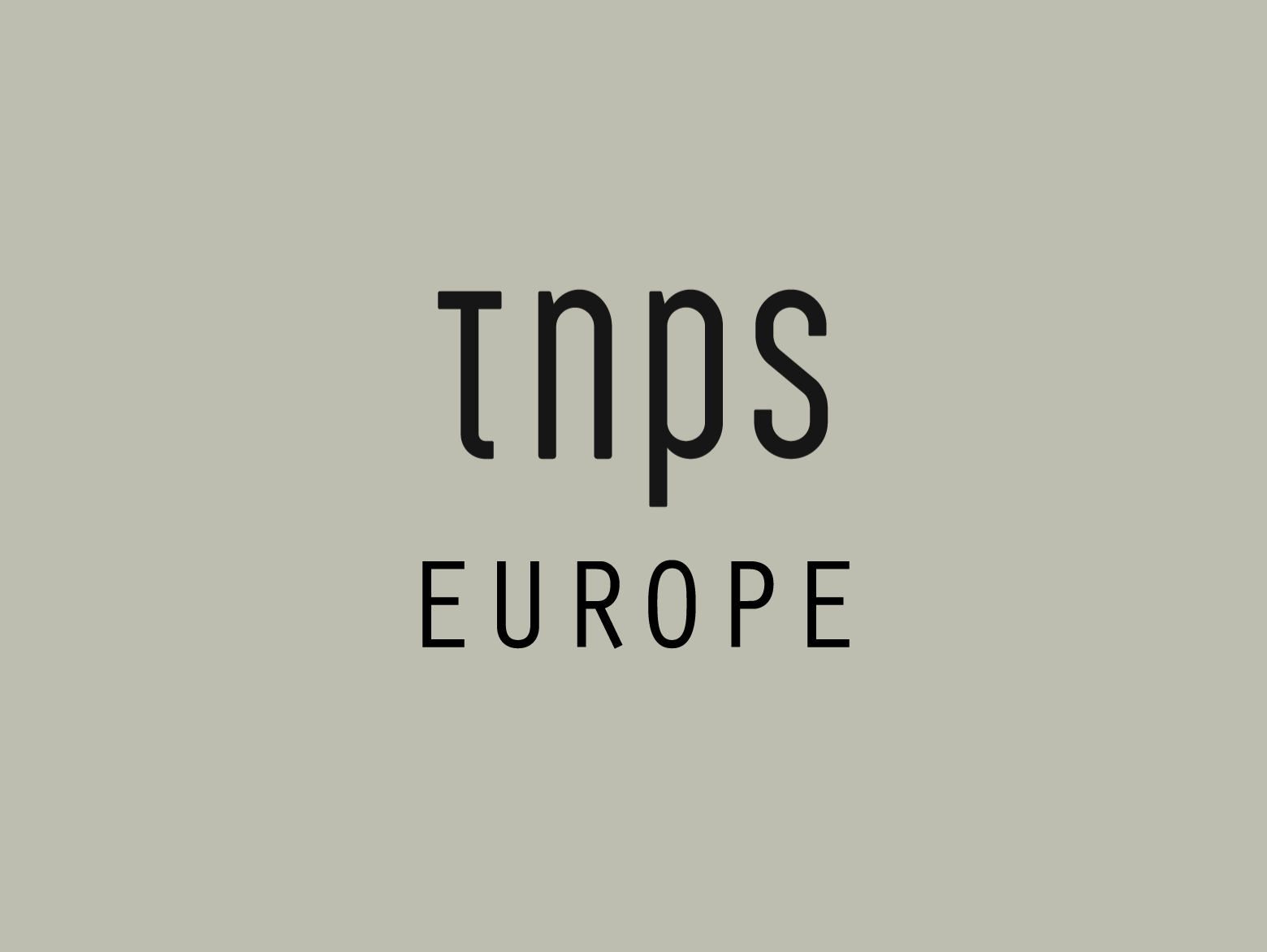
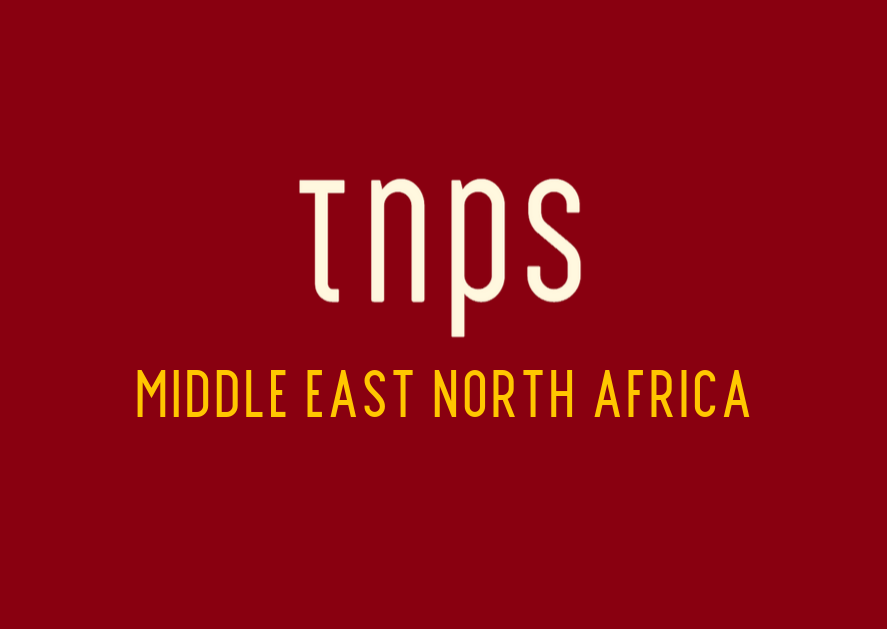
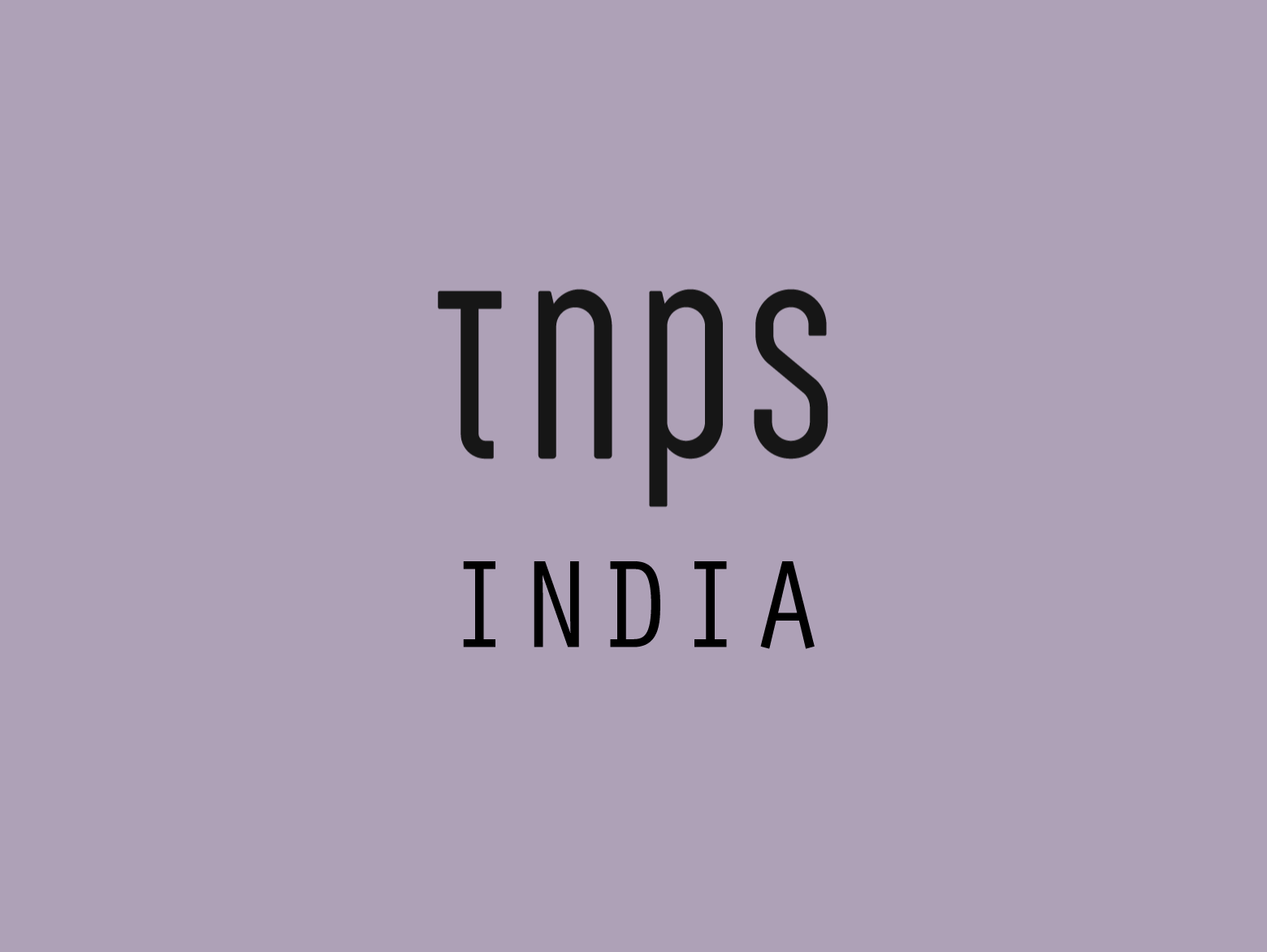
Recently Online book shops of bangladesh sell more books then fair.
Do you have a link to anything about this?